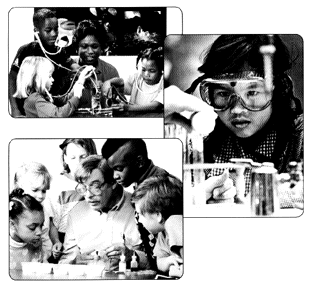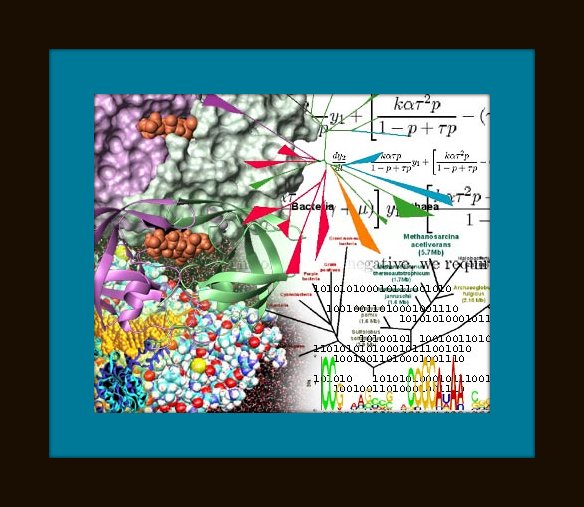The intersection of information technology and life sciences also want a bioinformatics company to think carefully about the portion of new legal risks. Careful thought must be given to decide how to respond to each of the many legal issues raised by bioinformatics products and services. However, as legislation and case law develop to reflect society's understanding of and response to these issues, bioinformatics companies will need to consider the force of those legal developments on their relationships and agreements with vendors and customers.
 |

Even though a company has entered the bioinformatics field from information technology or life sciences, or if it is a advanced company or a start-up, it will face issues regarding computational power, data standards, intellectual property rights, risk distribution and privacy, among others. To share data with their strategic allies more easily, bioinformatics companies started to work together to define industry-standard database descriptions without violating antitrust laws. Companies must also seek to protect their developments through U.S. and international intelligent property laws and then license these developments to their strategic allies, whether software, biological models or drugs. 
The goal of bioinformatics is to understand the genome and to predict the structure and function. To accomplish this goal, they have to learn new things and use algorithms. They have to think of new ways to think, develop new techniques so that a lot of new methods can be developed and impact issues not associated with bioinformatics. Bioinformatics allows us to things scientists couldn’t do before. For example, scientist couldn’t understand how a genetic DS works. Bioinformatics can categorize organisms based on people’s genes or proteins. It is also said that bioinformatics can predict the future. Computing professionals have will have to deal with a lot of the public issues, such as bioethics, intellectual property, responsibility, access, privacy, standards, technology access, and outsourcing. Advances in the understanding of human genetics and genomics will have important suggestions for individuals and people. Examination of the ethical, legal, and social suggestions of genome research is therefore a basic component of bioinformatics. Cooperation among biological and social scientists, healthcare professionals, historians, legal scholars, ethicists, social workers, and others are important to the persisted debate.
|
